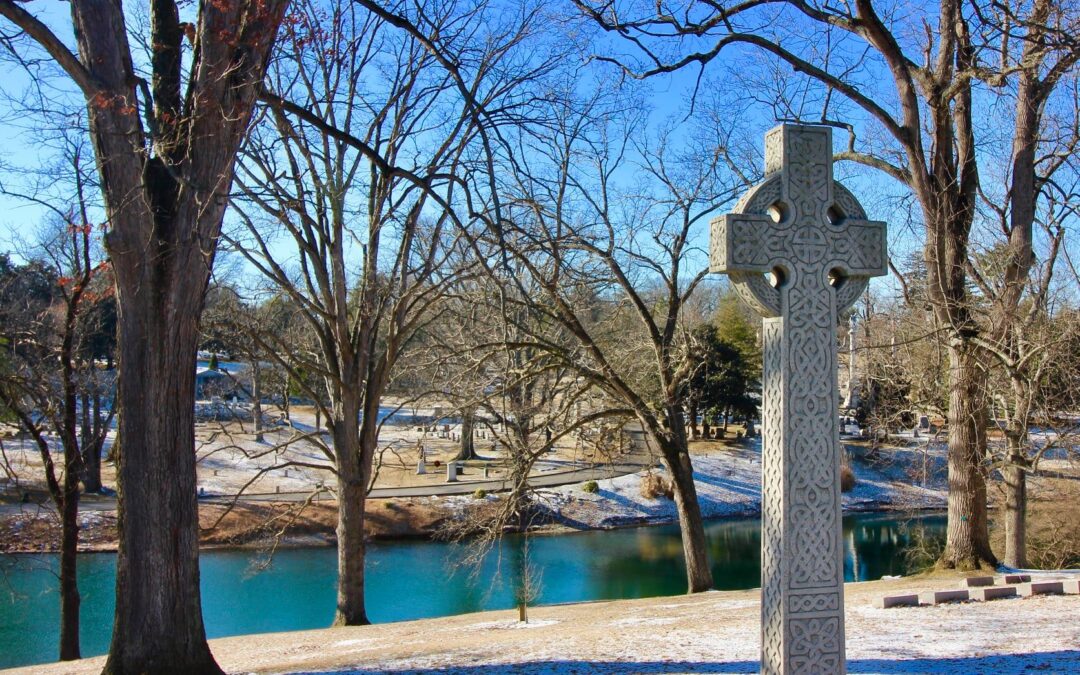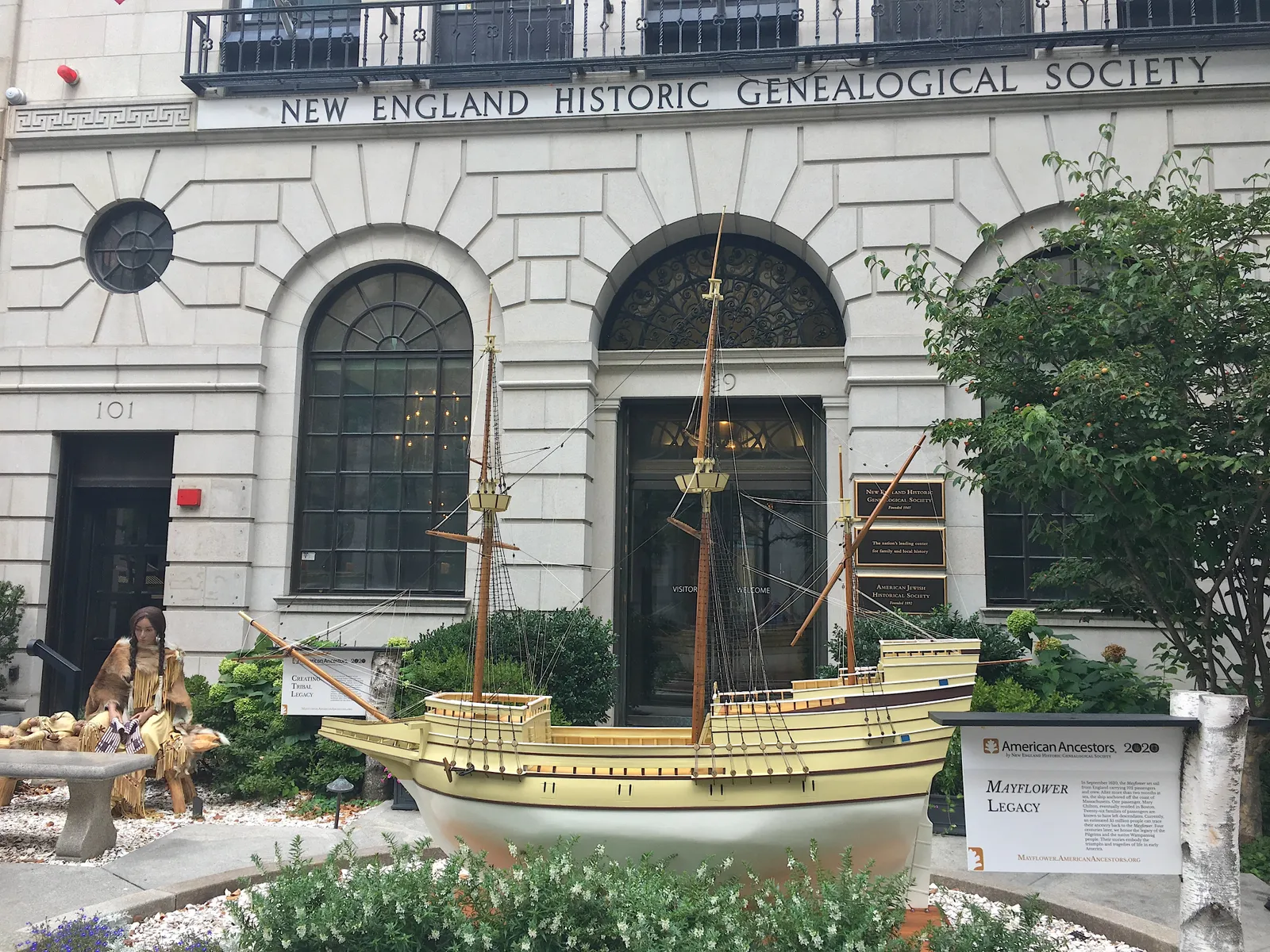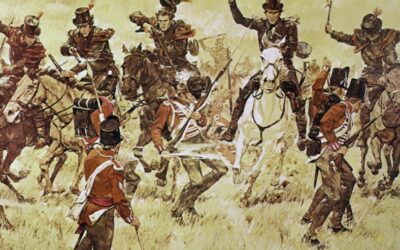Funeral programs are a unique artifact of an ancestor’s life. Produced at death, these programs record biographical details along with family names, dates, and locations. All the data that we family researchers love to have in our own collections.
In June 2022, Renate Yarborough Sanders joined us to discuss how funeral programs can be used with genealogical research. She had many examples and lots of stories to share. In this video excerpt from the talk, you’ll learn how these items were started.
Finding Funeral Program History is a Challenge
I tried really hard to find some scholarly writing, some published work about the history of funeral programs. What I have found over the year or two that I’ve been doing versions of this presentation is that nobody seems to have studied this. So if you’re looking for a dissertation topic, this might be, or a thesis paper topic, this might be something great for you to work on.
Based on what I’ve been able to pull together, I can say again, the history of the funeral program seems to be very vague. The earliest programs that I have run across appear in the early nineteen hundreds. Maybe the very end of the eighteen hundreds, I may have found a rare example and they were only done for prominent people. Those were not really as extravagant or in depth as the ones that we’re going to be looking at today.
Prevalent in African American Genealogy
Now these funeral programs that we’re gonna be discussing have been more prevalent in the Black community. And most of the collections that you will find will actually be called African American funeral programs.
I’m always on the lookout for something to kind of defy that. Chris mentioned earlier, he had a box of things that he thinks might be funeral programs. So I’m very curious to find something that kind of defies the thinking that this is just an African American thing.
Now the more mainstream use of funeral programs seems to have started somewhere around the thirties, 1930s, 1940s, when Blacks were starting to become more literate as a group and public education being mandated was a big contributor to that.
Funeral Program Purpose
These programs are used as a way of leaving a written history and genealogy for people who often were not found in the newspapers and, you know, death announcements weren’t always made for, and obituaries weren’t always published in the newspapers for.
The other thing that I’ve noticed about the timing of when we start to see these funeral programs is that it was right at the same time that the whole “laying out in homes” kind of ceased to be the way people were celebrated at their death.
And instead bodies were being taken to churches or displayed in funeral homes. The services were taking place there [instead of at home]. This then required us to have a more formalized order of service, timing of the service, because you can’t take up a funeral home or a church for the whole day or two or three days, like you can, when you’ve got somebody laid out in your living room at home.
Funeral Program Example
So before we get into the meat of the presentation, I just wanna kind of give you some visuals of what we’re talking about here and what some of those, some of the earlier funeral programs looked like.
I was actually very surprised when I found this one from someone who was born in 1857 and died in 1930 and there was a photo right on the front of the funeral program. That’s the front cover of the funeral program. It shows Mrs. Ida J Howard, who was born in Wilkes County, Georgia.





